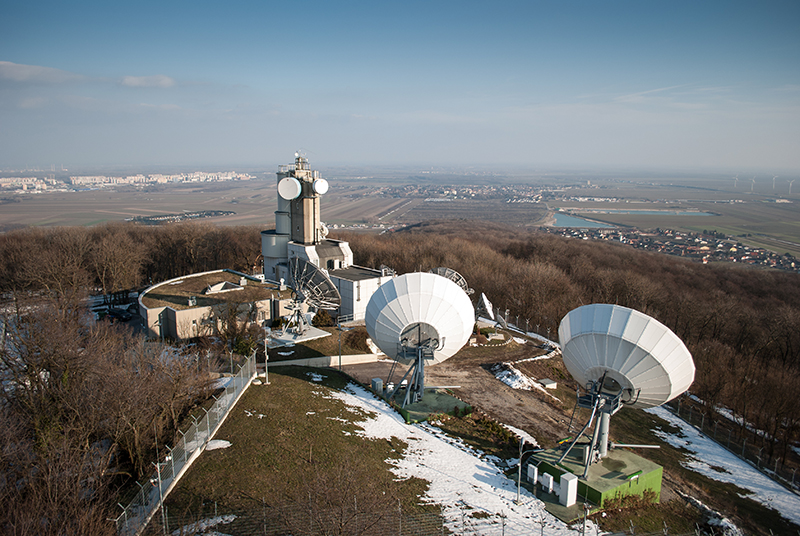Beijing, May 17th (Xinhua) - Huang Runqiu, Minister of Ecology and Environment, stated on May 17th that China has achieved significant results in controlling persistent organic pollutants, successfully phasing out 29 types of persistent organic pollutants (POPs), that is, completely phasing out the production and use of POPs that have already been effective in China under relevant conventions.
May 17th marks the 20th anniversary of the entry into force of the Stockholm Convention on Persistent Organic Pollutants. On the same day, the Ministry of Ecology and Environment held an experience exchange meeting on the implementation of the Stockholm Convention on Persistent Organic Pollutants and released the China Persistent Organic Pollutant Control (2004-2024).
Huang Runqiu introduced during the event that China has effectively promoted POPs control actions, effectively reduced POPs environmental emissions, and contributed to global environmental governance and sustainable development.
He introduced that China has successfully phased out 29 types of POPs, that is, the production and use of POPs that have already entered into force under the Comprehensive Elimination Convention, avoiding the production and environmental emissions of hundreds of thousands of tons of POPs every year. China has achieved a significant increase in the production or disposal of dioxin related industries, while the intensity of dioxin emissions from key industries has significantly decreased. The total amount of dioxin emitted into the atmosphere has gradually decreased since reaching its peak in 2012, and the concentration of dioxins in the atmospheric environment has shown a corresponding downward trend. The average dietary intake of dioxins by the general population is lower than the health guidance values of the World Health Organization and is showing a downward trend.
Huang Runqiu stated that we must adhere to the strategic position of prioritizing the development of people's health, steadfastly promote the construction of ecological civilization, fulfill the international commitment to POPs control, effectively control the environmental risks of new pollutants such as POPs, and continuously meet the people's expectations for a beautiful ecological environment. At the same time, we will work together with the international community to create a better future without POPs.
It is reported that POPs refer to organic pollutants with environmental persistence, bioaccumulation, potential for long-distance environmental migration, and adverse effects on human health or ecological environment. The Stockholm Convention on Persistent Organic Pollutants came into effect on May 17, 2004. The convention came into effect for China on November 11, 2004.
Source: Xinhua News Agency












